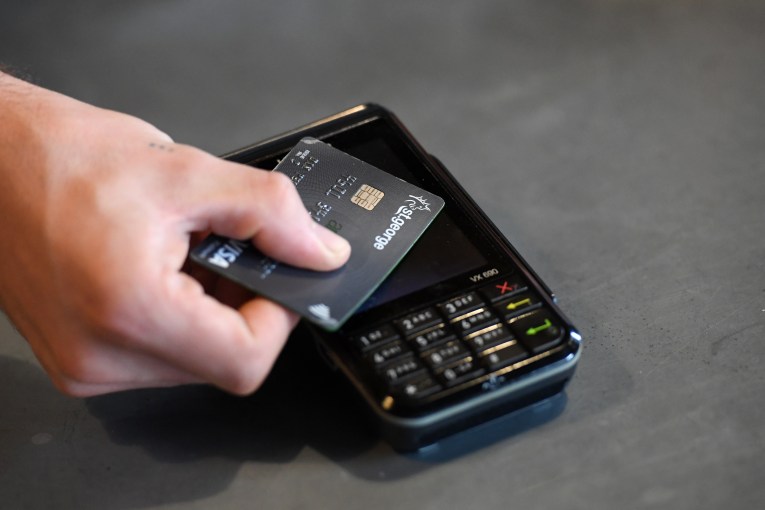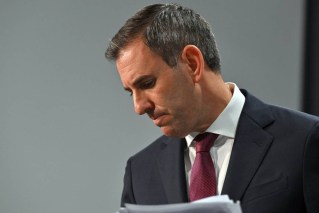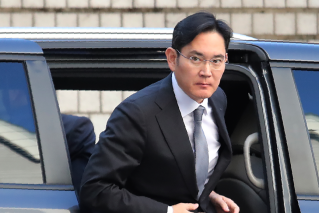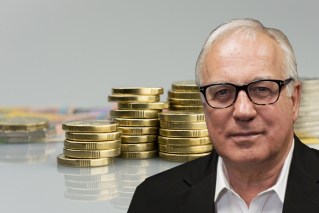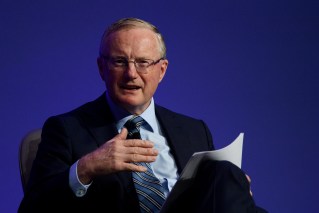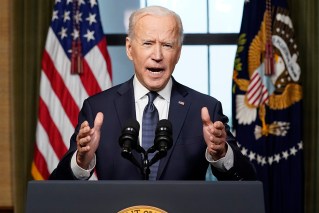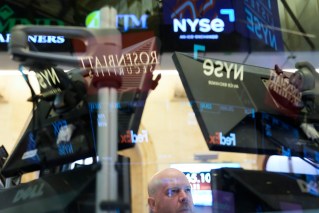US private equity firm seals deal to buy Virgin Australia

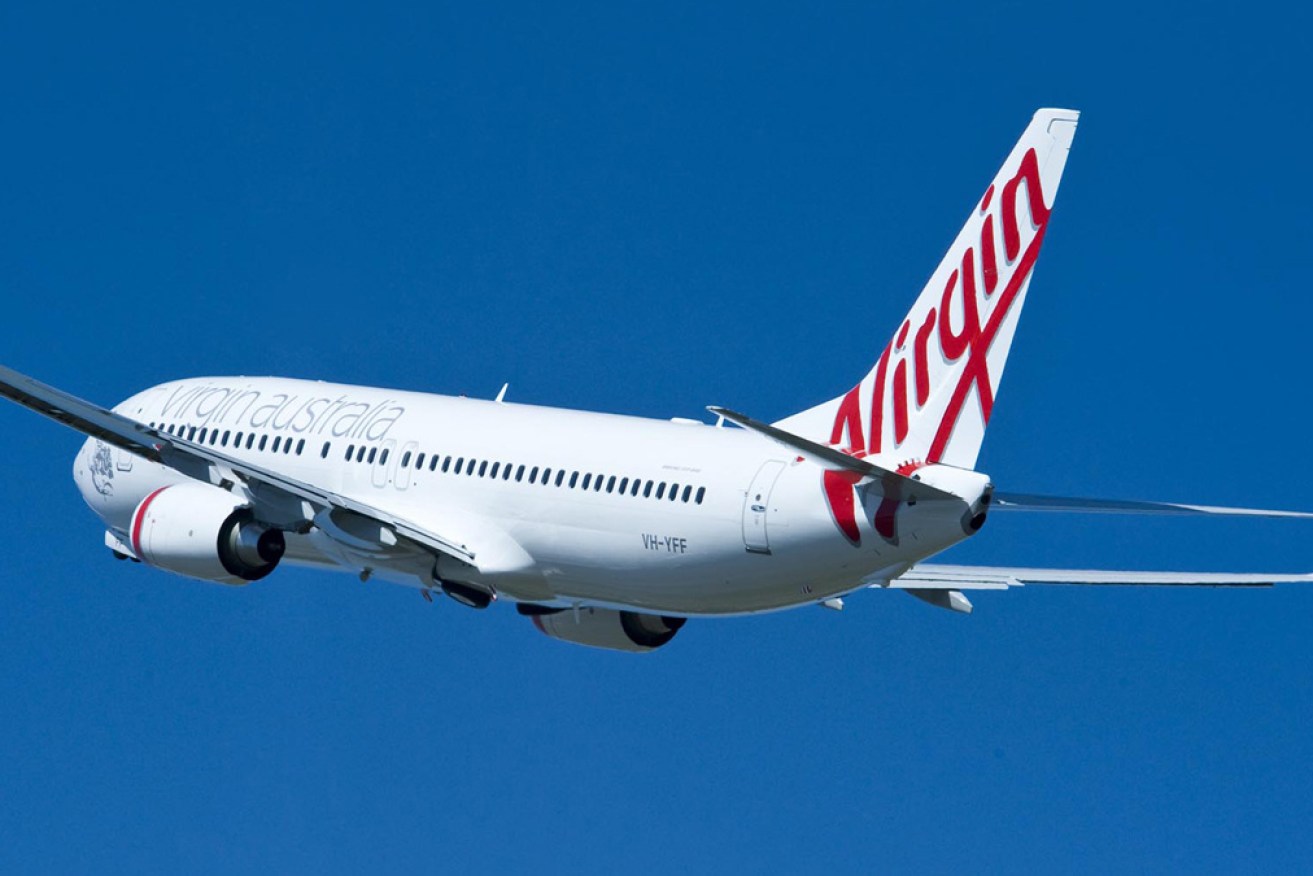
Virgin Australia is offering freebies to Australians who get vaccinated against COVID-19. Photo: Getty
Bain Capital has emerged as the winning bidder for Virgin Australia, with the administrators agreeing to sell the ailing airline to the Boston-based private equity firm.
The sale and implementation deed is subject to minimal conditions and should be completed before the end of August, the Deloitte administration team said on Friday.
Deloitte said it does not expect any return to shareholders, and at this stage it was not possible to estimate the return to Virgin’s creditors, who are owed about $7 billion.
“Bain Capital has presented a strong and compelling bid for the business that will secure the future of Australia’s second airline, thousands of employees and their families and ensure Australia continues to enjoy the benefits of a competitive aviation sector,” Virgin administrator Vaughan Strawbridge said.
However, the sale is likely to come with significant jobs losses. Bain’s Australian managing director, Mike Murphy, has told the Australian Financial Review, that Virgin would have 5000-6000 employees and 60 or 70 planes when it resumes flying in September.
The airline had 10,000 employees and was flying 79 Boeing 737s and another 11 wide-body aircraft to 41 destinations when it entered voluntary administration on April 20.
“The fleet will be focused on 737s – the narrow bodies – and obviously in the near term the domestic routes, in particular starting with the triangle (Sydney, Melbourne and Brisbane), will be the core focus,” Mr Murphy told the AFR.
- Two bidders, very different visions for Virgin Australia
- Why investors are lining up for a piece of the Virgin action
The sale to Bain won’t be complete until it is voted on by Virgin creditors at a meeting that must be held by the end of August.
That meeting might also hear a proposal from the airline’s major bondholders, who stand to lose a large part of their $2 billion investment in Virgin as a result of its collapse. On Wednesday they lodged an 11th-hour bid for the airline that they said aimed to revitalise Virgin with a supply of $1 billion in cash while also safeguarding staff entitlements and honouring frequent flier points and flight credits.
Aviation analyst Neil Hansford said accepting the Bain proposal did not completely rule out the possibility of the bondholders’ bid.
“The bondholders, they don’t have to be part of this process because, under Australian corporate law as the bondholders, they didn’t have to engage in the timetable laid out by Strawbridge,” he told ABC News.
“They’re able to make whatever offer they want to at the creditors meeting, or prior to the creditors meeting.”
The announcement that Bain had sealed the deal came just hours after rival bidder Cyrus Capital Partners withdrew its offer for Virgin.
Cyrus said Deloitte had failed to return its calls and had not “meaningfully engaged” with its offer.
Later, Deloitte said the Bain deal would also carry forward all Velocity frequent flyer-booked flights, honour employee entitlements, and support the current management team led by Paul Scurrah and their improvement plan for the airline.
In a separate statement, Bain quoted Mr Scurrah – Virgin Australia’s chief executive – saying that its proposal “offers the best possible future for Virgin Australia, its employees and its customers”.
Mr Scurrah said he had worked closely with the Bain team during the bidding process and it had demonstrated a deep understanding of aviation and Australian culture.
“We are aligned in our vision for Virgin 2.0 and look forward to working with them to secure the airline’s future.”
Mike Murphy, an Australian-based managing director of Bain Capital, said Virgin would return to its core strengths under Bain’s plan.
He said Bain appreciated how difficult the current situation had been for Virgin staff.
-with AAP
